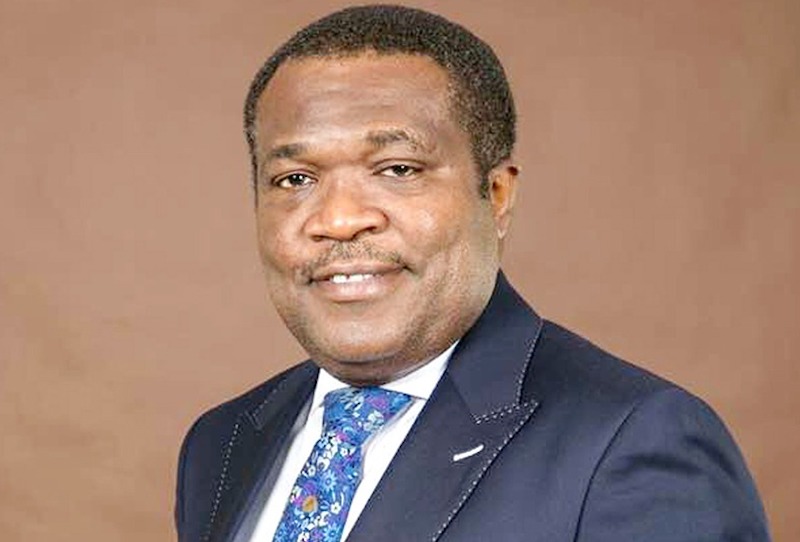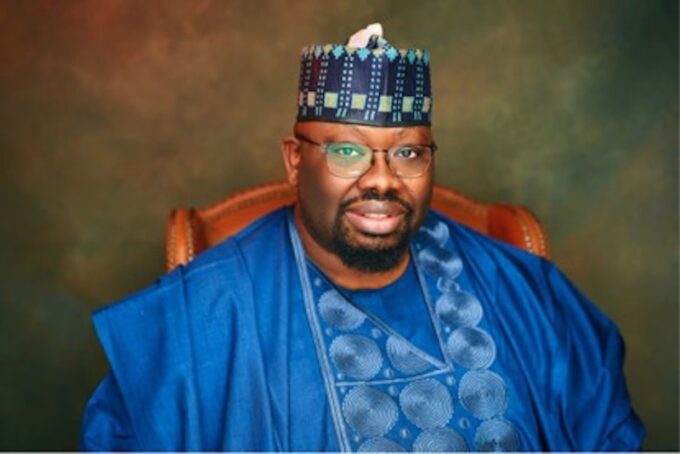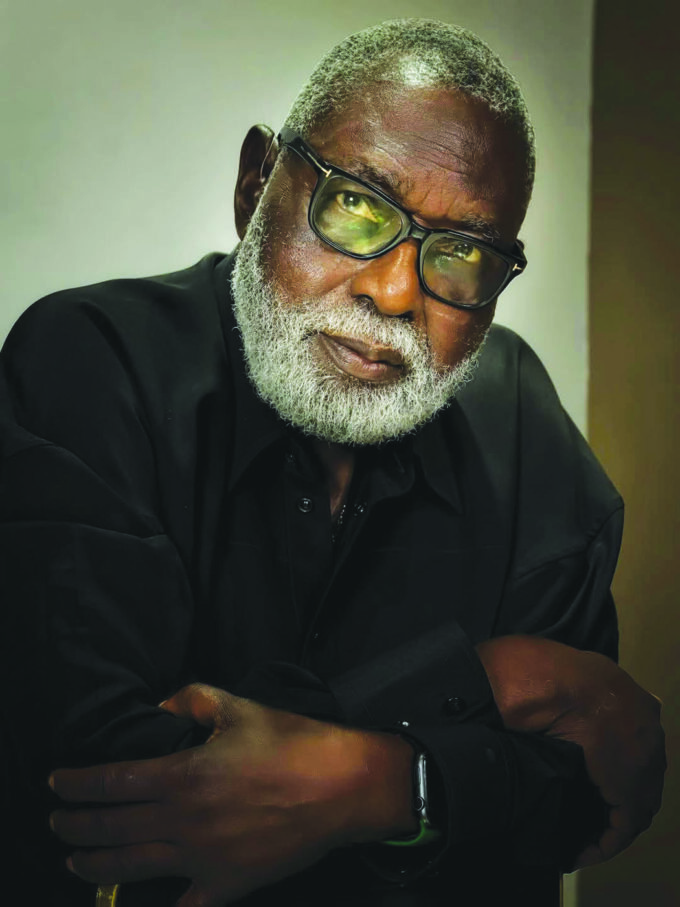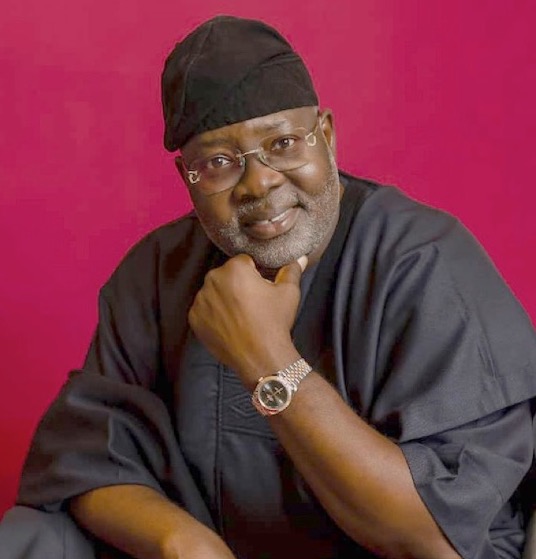Ten billion Naira is not just a sum on paper; in the hands of Otunba Bimbo Ashiru, it is mortar and memory. At the diamond jubilee of Cocoa House in Ibadan, the Group Chairman of Odu’a Investment Company Limited signed a N10 billion deal with Africa’s largest cocoa exporter, a gesture as symbolic as it is financial.
“This is our focus now: agriculture,” Ashiru told the gathering on August 19. “On the day of our AGM, we signed a deal with the largest exporter of cocoa in Africa. Over N10 billion. Cocoa and cassava will be our future.”
It was not mere corporate speak. At Cocoa House @60, he challenged the South-west’s governors to build new monuments— “Cassava House, Timber House, Rubber House”—to mirror the spirit of 1965, when Chief Obafemi Awolowo’s vision and farmers’ sweat raised the first skyscraper in West Africa. The building still stands at 105 meters, a relic of how crops once built skylines.
The Odu’a board’s cocoa pivot is both practical and poetic. Practical, because cocoa remains one of Nigeria’s strongest exports. Poetic, because it reanimates a legacy that once paid for schools, roads, and industry across the West. Ashiru’s rhetoric of “keeping the legacy of our forefathers” was more than nostalgia; it was a blueprint.
That blueprint is consistent with the man himself.
Ashiru’s journey from the banking halls to Ogun State’s Commerce and Industry ministry, where he boosted revenue by over a thousand per cent and lured factories into the state, reads like preparation for this agricultural turn. Civic, corporate, and royal recognition followed, cementing him as both technocrat and custodian of heritage.
The N10 billion deal may be Ashiru’s boldest act yet, for it ties his winning ways to a promise larger than himself: that the grandchildren of cocoa’s golden age will see monuments not as relics, but as living proofs of what the soil can still yield.


















Leave a comment